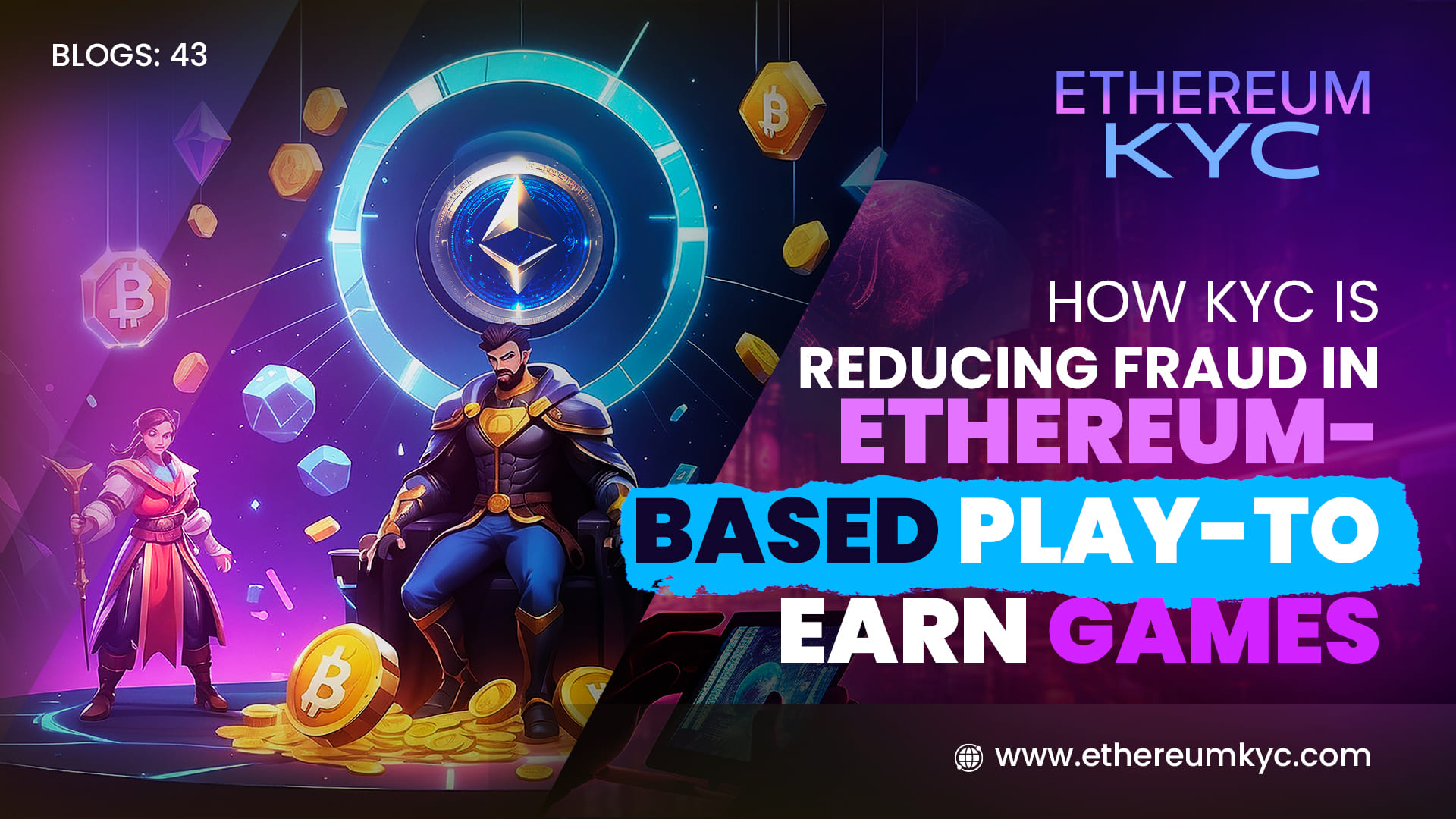November 14, 2024
The Impact of KYC on Investor Confidence in Ethereum Projects
As the Ethereum blockchain continues to be a cornerstone for decentralized applications and financial services, the implementation of Know Your Customer (KYC) protocols has become increasingly important. KYC processes, which involve verifying the identities of users, play a crucial role in enhancing trust and compliance within the Ethereum ecosystem. This article explores how KYC impacts investor confidence in Ethereum projects and why it is essential for the sustainable growth of blockchain initiatives.
1. Enhancing Trust and Transparency
KYC procedures help establish a foundation of trust between project developers and investors by ensuring that all participants are verified individuals.
- Investor Assurance: Knowing that a project adheres to KYC standards reassures investors that the project is committed to transparency and is less likely to be involved in fraudulent activities.
- Project Credibility: Compliance with KYC enhances a project’s reputation, making it more attractive to both retail and institutional investors.
2. Mitigating Risks of Fraud and Illicit Activities
By implementing KYC protocols, Ethereum projects can significantly reduce the risk of being used for money laundering, fraud, or other illegal activities.
- Regulatory Compliance: Adhering to KYC and Anti-Money Laundering (AML) regulations helps projects avoid legal complications that could jeopardize their operations and investor assets.
- Risk Reduction: Verifying user identities deters malicious actors from exploiting the platform, thereby protecting the integrity of the project.
3. Attracting Institutional Investors
Institutional investors often require strict compliance measures before investing in a project.
- Access to Larger Capital Pools: Projects that implement robust KYC procedures are more likely to attract significant investment from institutional players.
- Professionalism and Reliability: Demonstrating a commitment to regulatory compliance signals that the project is professionally managed and reliable.
4. Facilitating Global Expansion
KYC compliance enables Ethereum projects to operate across different jurisdictions by meeting international regulatory standards.
- Regulatory Acceptance: Compliance with global KYC standards allows projects to expand their services internationally without facing legal barriers.
- Market Confidence: Operating within legal frameworks boosts confidence among global investors and users, fostering wider adoption.
5. Balancing Privacy with Compliance
While KYC enhances security and compliance, it raises concerns about user privacy, a core value in the blockchain community.
- Privacy-Preserving Technologies: Implementing decentralized identity solutions and zero-knowledge proofs can help maintain user privacy while fulfilling KYC requirements.
- Transparent Data Practices: Clear communication about data handling and protection measures can alleviate privacy concerns and build trust with users.
6. Challenges in Implementing KYC
Projects must navigate several challenges when integrating KYC protocols.
- Onboarding Friction: Additional verification steps may deter some users, affecting user base growth.
- Cost Implications: Setting up comprehensive KYC systems can be resource-intensive, especially for smaller projects.
- Data Security Risks: Collecting personal data introduces the responsibility of safeguarding it against breaches and unauthorized access.
Conclusion
The impact of KYC on investor confidence in Ethereum projects is significant. By enhancing trust, mitigating risks, and attracting institutional investment, KYC compliance serves as a cornerstone for the long-term success of blockchain initiatives. While challenges exist—particularly around privacy and implementation costs—the benefits of increased investor confidence and regulatory compliance make KYC an essential component for any Ethereum project aiming to thrive in a competitive and evolving market.






